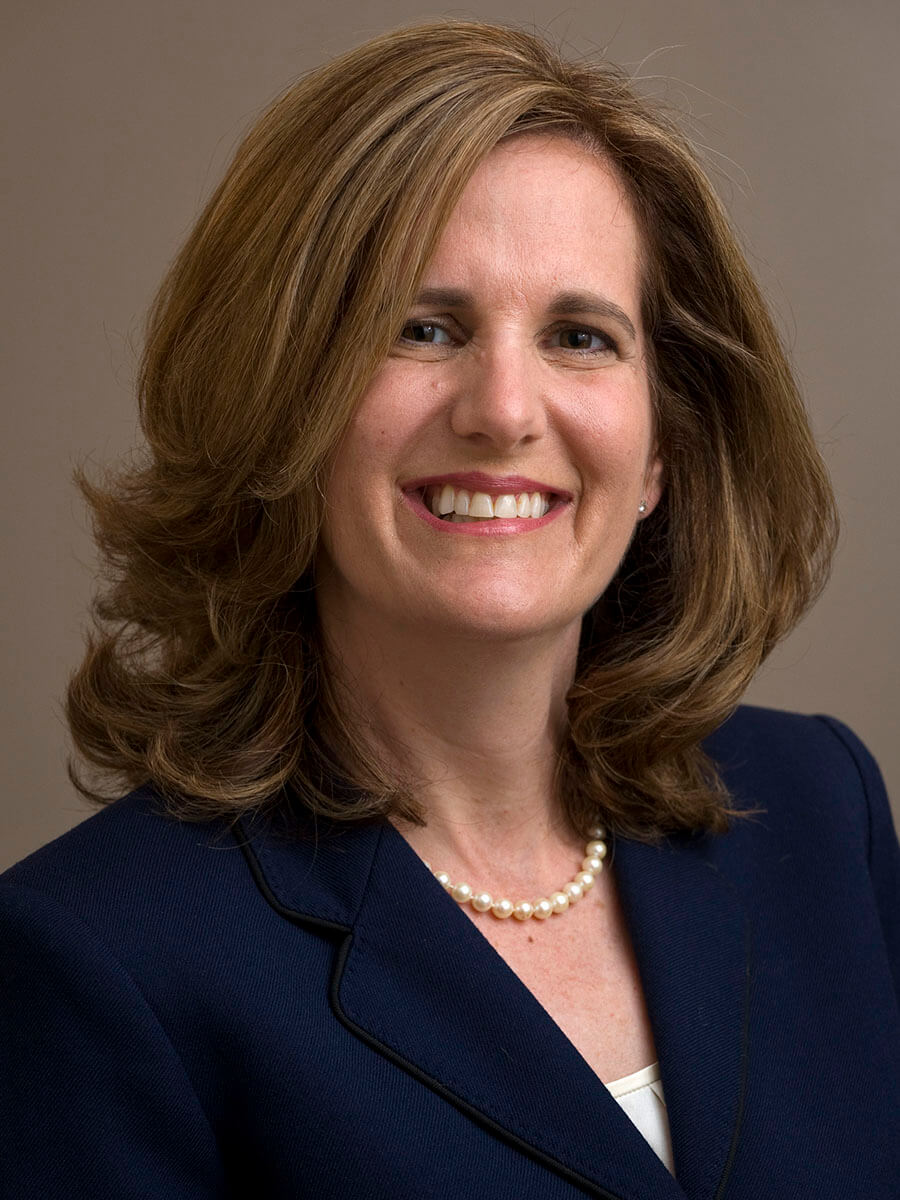Parents: 5 Things to Know About HPV and the Vaccine
Parents, you can help protect your child from getting certain HPV-related cancers. How? With a safe and effective vaccine! Here are the top fives things you should know about HPV, or human papillomavirus, and the vaccine.

- HPV infection is very common. HPV is the most common sexually transmitted infection in the United States. In fact, the Centers for Disease Control and Prevention (CDC) estimates that about 79 million Americans currently have HPV and that almost every person who is sexually active will get HPV at some point in their life, if they don’t get the vaccine. People with HPV tend to be in their late teens and early twenties, and most people with HPV don’t know they have it. There are many different types of HPV infections, and while some are minor and go away on their own, others can cause long-term problems, like genital warts and cancer. HPV infections are responsible for 90% of anal and cervical cancers, 70% of vaginal and vulvar cancers, 60% of penile cancers, most genital warts, and certain cancers of the throat and neck.
- You can help protect your child from cancers caused by HPV. Fortunately, there are safe and effective vaccines that prevent infection with the types of HPV that cause cancer and genital warts. These vaccines were studied extensively in clinical trials before being licensed, and they continue to be monitored for safety. What’s more is that the vaccines work extremely well, and they offer long-lasting protection against HPV and HPV-related diseases.
- Most side effects of the HPV vaccine are minor. The most common side effects of the HPV vaccine are similar to other vaccines and may include pain, swelling, and redness at the injection site. Other adverse effects that can occur include fever, headache, fatigue, nausea, muscle or joint pain, or fainting (at the time of injection or immediately after).
- Both boys and girls can benefit from the HPV vaccine. The vaccine helps prevent infections that can cause cancer. Cervical cancer is the most common HPV-related cancer among women, and oropharyngeal (throat, tongue, tonsils) cancers are most common among men. The CDC estimates that HPV probably causes more than 10,000 new cervical cancer cases in women and more than 9,000 new oropharyngeal cancer cases in men each year in the United States.
- Boys and girls need to finish the full vaccine series of two or three doses for the vaccine to be effective. The HPV vaccine is administered in multiple doses, but the number of doses depends on a child’s age. Children 9–14 years old need two doses, and they should get the second dose six to 12 months after their first dose. Teens and young adults 15–26 need three doses of the vaccine over six months. They should get the second dose one to two months after their first dose and the third dose six months after the first dose.
The HPV vaccine is a powerful tool in preventing cancer. If you have questions, talk to your child’s doctor about HPV and the vaccine, or visit www.cdc.gov/hpv.

